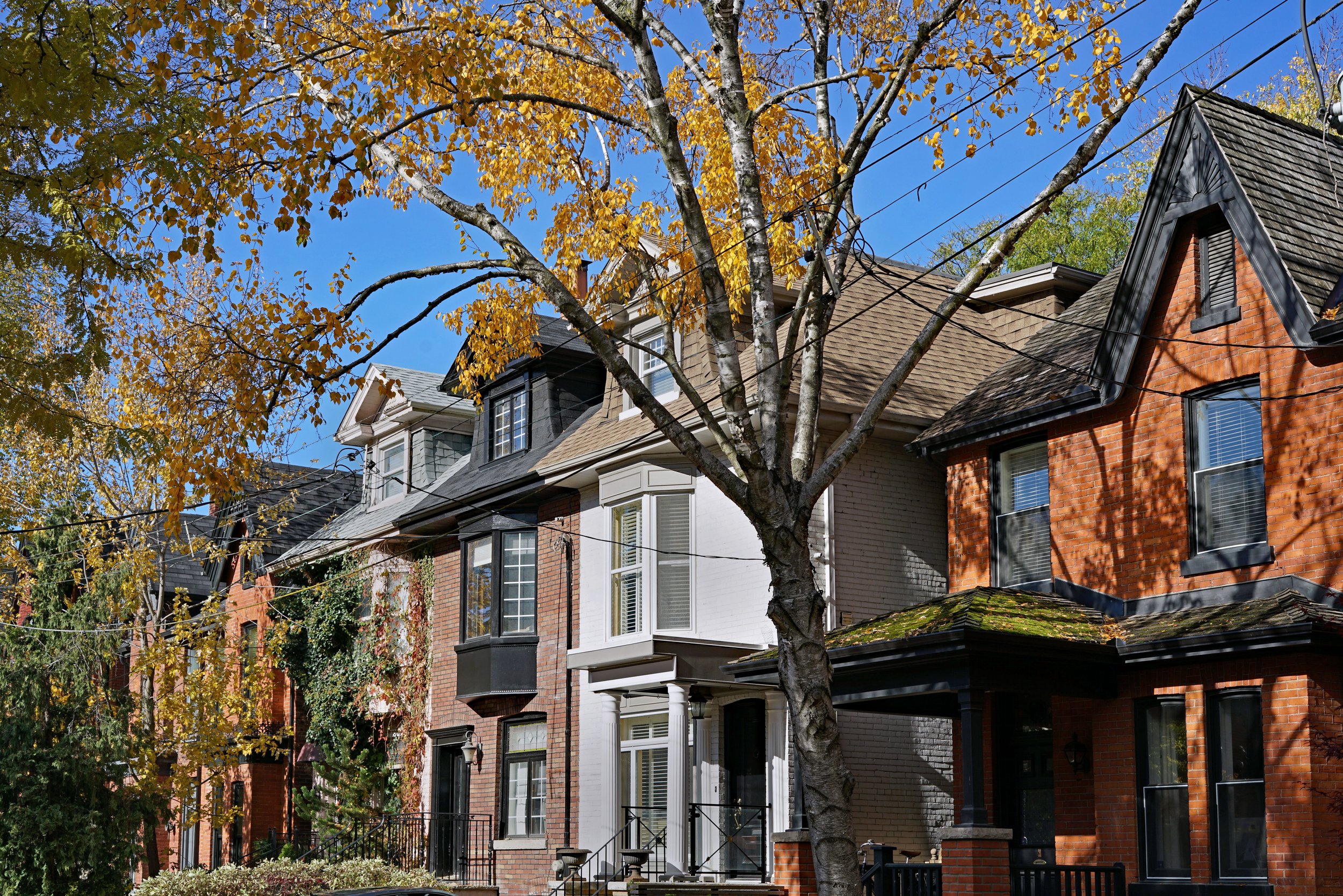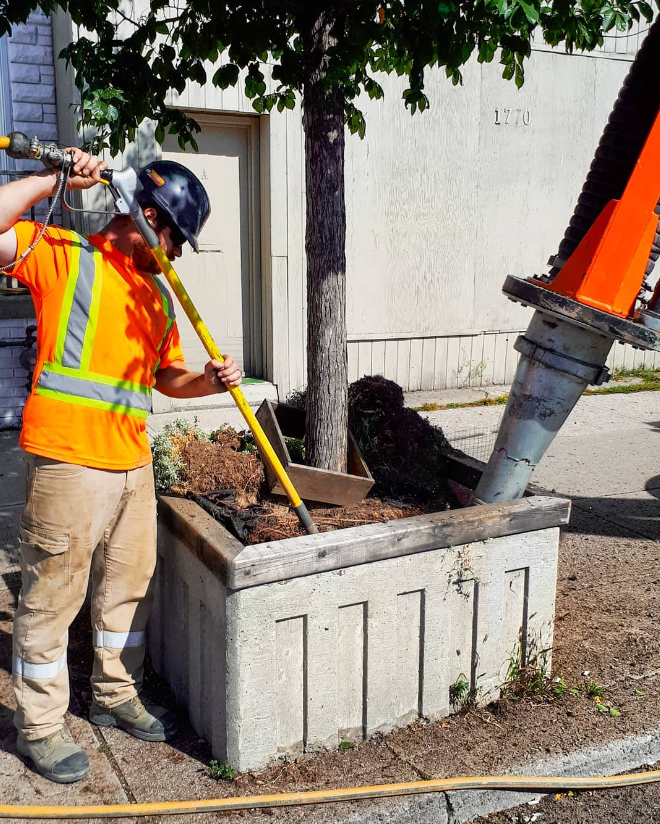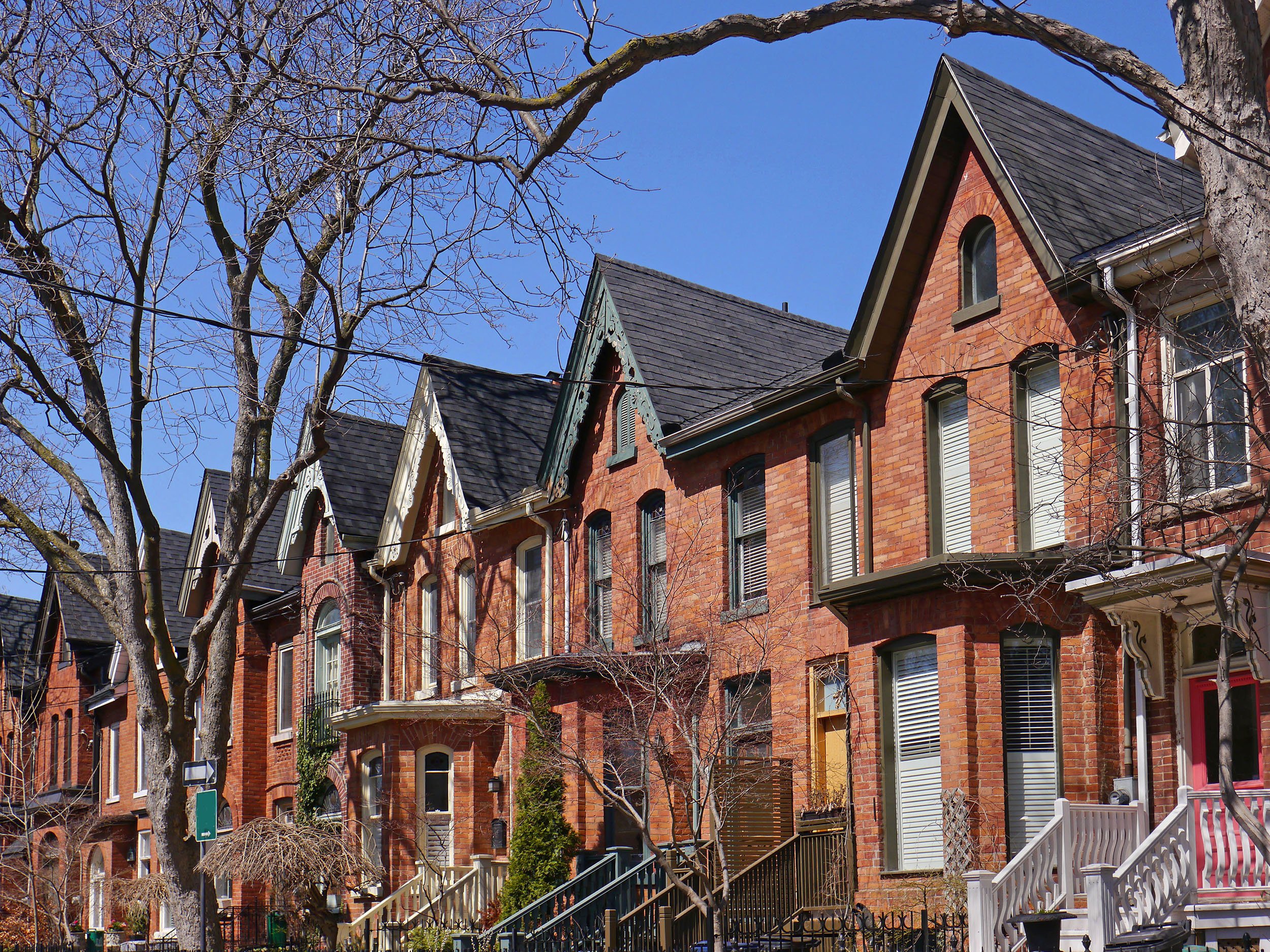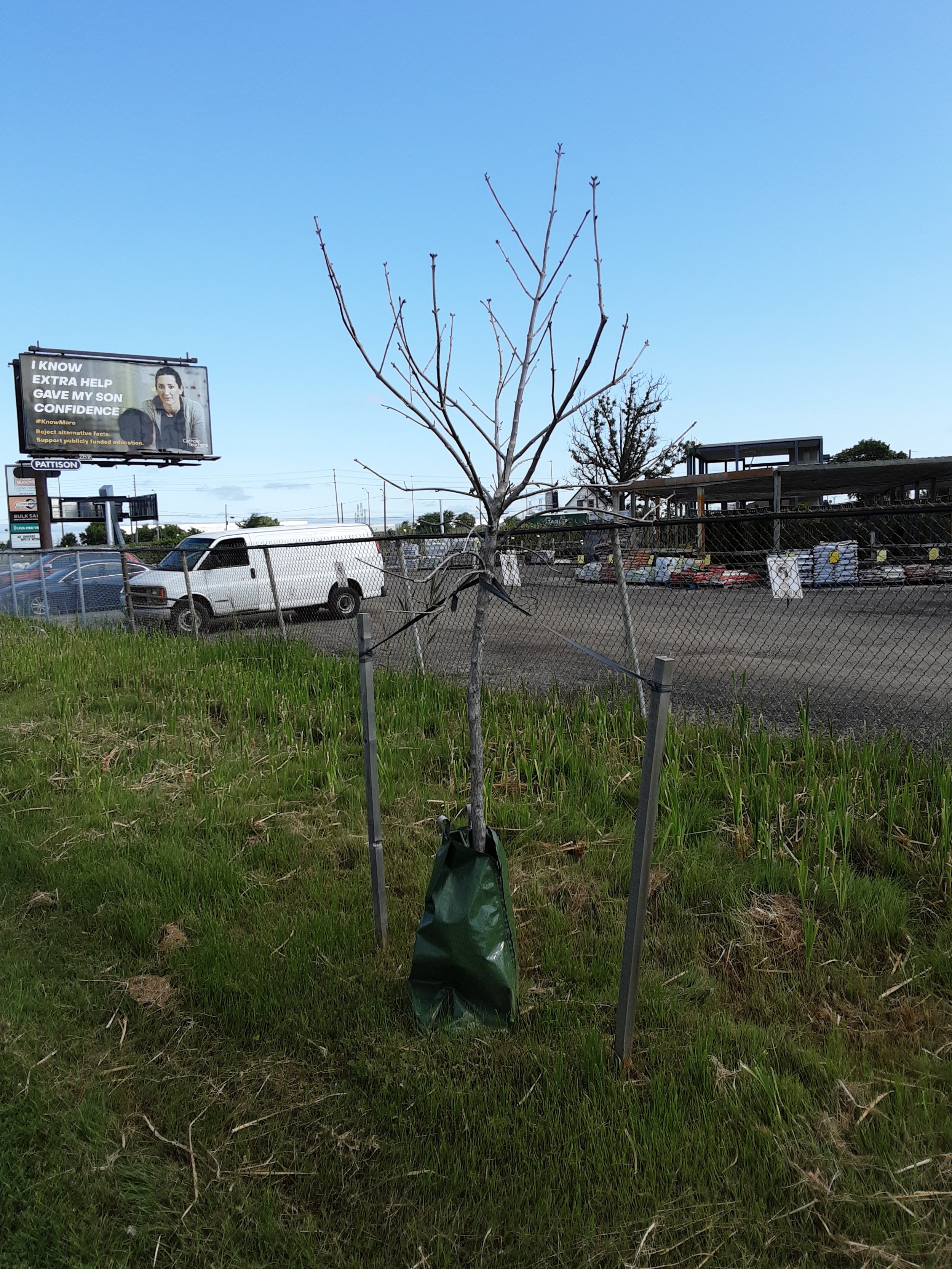
Urban Forest Tree Health Assessment Study - City of Toronto, ON
In 2004, the Toronto City Council adopted the goal of expanding its urban forest canopy cover to 40% by 2050, which will be aided by ensuring that plantings of new trees are successful, despite the myriad challenges that city trees face.
In order to achieve their target, the City’s Urban Forestry Branch will need to add between 7,600-8,500 hectares of canopy coverage, necessitating the establishment of approximately 427,320 trees, of which 113,820 are to be planted on public lands. To maintain and increase forest cover, the city’s Urban Forestry branch must be able to not only increase the number of plantings, but also ensure that the plantings result in well-established and healthy saplings. To determine how well newly planted trees were establishing, the City of Toronto retained Aboud & Associates to complete a health assessment of 10,498 street trees planted between 2008-2017. Our Arborists collected +30 data variables for each tree that included:
Measured Diameter at Breast Height (DBH), height, & crown diameter
Make it stand out.
Health assessment (dieback, structural and biotic symptoms, condition)
Planting & care (mulch, pruning, irrigation, watering bags, trunk damage, tree guards, correct planting depth and presence of flare)
Environmental variables (crown exposure, planting medium, road proximity, proximity of utilities, room to grow, evidence of landscaping, land use)
Specific information for trees planted in hard surfaces (superstructure, infrastructure, and length of infrastructure)
Data collected was used to create a model of tree health and condition, identifying the main correlates of condition and mortality.



